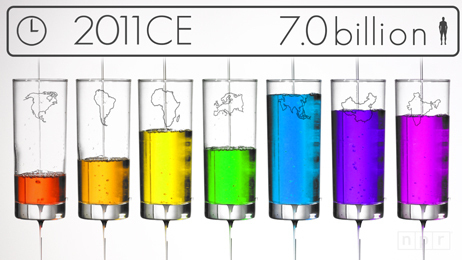The second day of India's power grid failures were worse than the first. Nearly 1900 miles of India went dark, an area that is home to nearly half of India's...
How is this issue geographic? What themes are present in this issue and how are they interrelated?



 Your new post is loading...
Your new post is loading...









